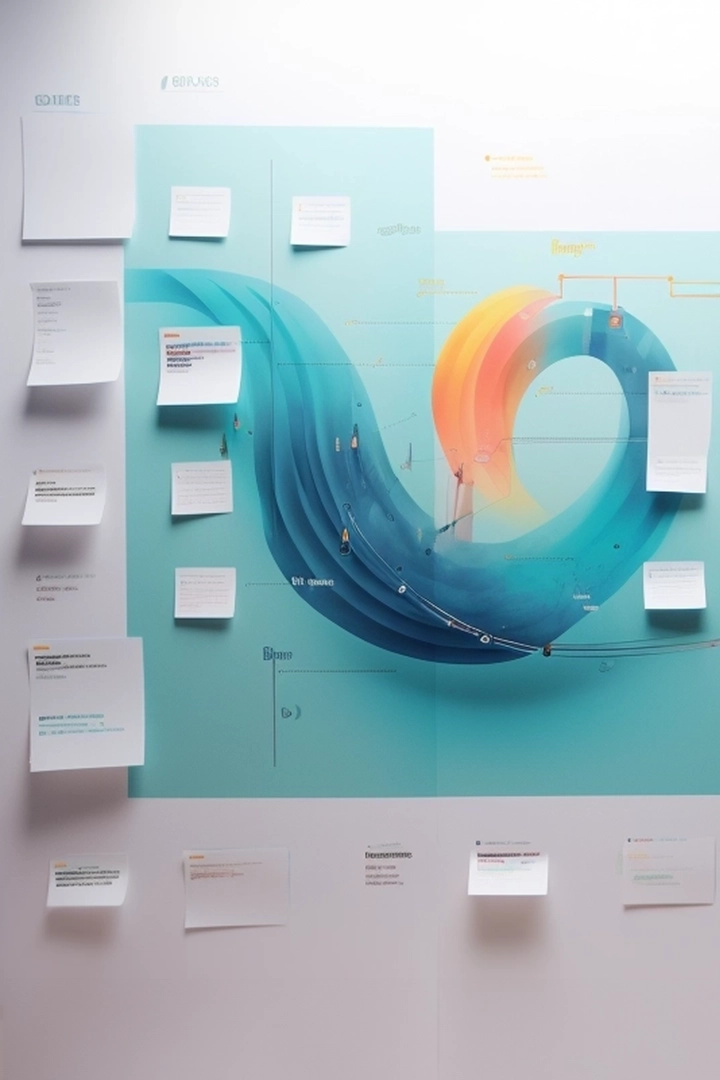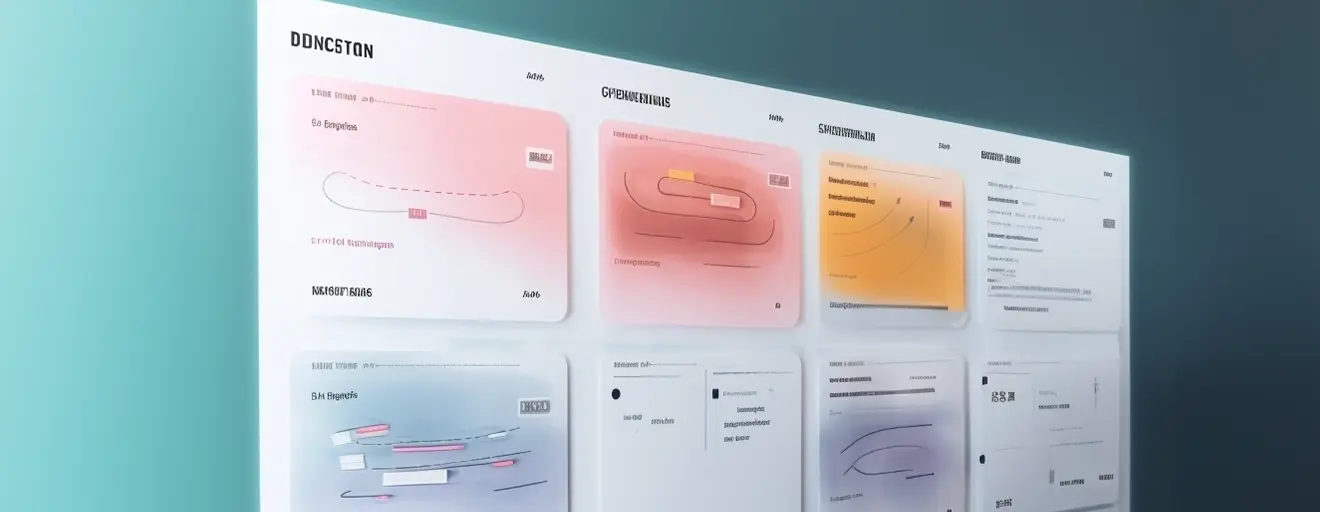The difference between the two is that focus groups are based on opinions and usability testing is based on behaviour. To put it in context, imagine your 16 year-old niece describing to you how she used an online tool to fundraise for a school project, and her friend telling you how they felt the tool should have worked.
Opinion versus doing. BIG difference.
WHAT FOCUS GROUPS DO:
- Evaluate and take note of what people say
- A group of people who discuss their opinions, attitudes and feelings on a particular topic, product or service
- Help to determine people’s motivations and preferences
WHAT USABILITY TESTING DOES:
- Conducted one-on-one, with a moderator observing how a person actually uses a website, product or service
- Test participants are given realistic scenarios and tasks to perform
- Their behaviour, performance and experience is observed and analyzed
- Positive insights and usability issues are uncovered, allowing for recommendations to be made for future iterations of the website or product
Which Do I Choose For My Business Strategy?
Well, it depends on the type of information that you need. For example, focus groups can help you:
- Reach a lot of people fairly cheaply
- Get a better idea of what your target market wants and what they think about your product/service
- Gather opinions on concepts and ideas but not how well people would interact with designs
Keep in mind, however, that the information you get isn’t always 100% reliable; for example, one very vocal, strongly opinionated person can sometimes influence what others in the group might think or say.
Which Do I Choose For My Business Strategy?
With regard to usability testing:
- You can get much more detail about each person and their thoughts/opinions
- Can be more reliable than focus groups (no people influencing each other)
- Focuses on the interaction with the website/system, so can show exactly how people use websites/systems (and where and why they go wrong)
On the other hand, usability testing is more expensive than focus groups, so you generally end up hearing from fewer people.
When to Do What
Conduct Focus Groups:
- When you want to discover how people feel about your product or service, or those of your competitors and peers
- To generate ideas for new products, services or features
Do Usability Testing:
- During website(s) development phase (earlier is better); from paper prototypes through to fully functioning live sites
- To understand why people use a product or website in a certain way; analytics can tell you what is happening on a website, but not why
General rule of thumb to follow: If it’s websites you are evaluating, then usability testing is the way to go, not focus groups. Showing someone a website and asking them what they think may not uncover the types of potential flaws or problems that you would get when a person actually interacts with the site.
In conclusion, both focus groups and usability testing are valuable tools to use when conducting research; the trick is knowing what they are and when to use which. That’s the only way to get usable data that can be translated into real results.
Sources: https://www.bunnyfoot.com/2014/01/usability-testing-vs-focus-groups/; https://inviqa.com/blog/focus-groups-vs-usability-testing-what-when-and-why; https://www.usability.gov/how-to-and-tools/methods/usability-testing.html; https://www.usability.gov/how-to-and-tools/methods/usability-testing.html


